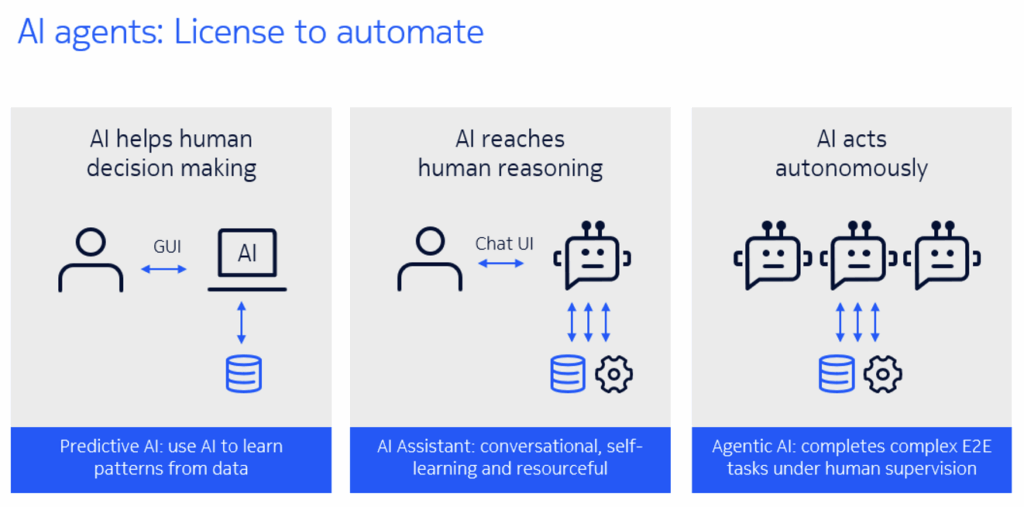
"While artificial intelligence (AI) may still sound futuristic to some, its rise was almost inevitable. Labor costs rose while computing power became cheaper. Today, we have systems with massive computing power and problem-solving abilities that can take natural language input and return responses like a trusted colleague - but it wasn't always this way. AI has its foundation in statistical methods from the 1950s and has seen alternating periods of success and failure."
"Since AI systems recognize patterns in data and gain knowledge from it without being explicitly programmed, the use of AI reduces the need for human-made algorithms. For suitable use cases, AI can automatically create a model that identifies the best response to a wide variety of inputs, avoiding the need for writing traditional software. We can think of AI use cases within a quadrant: improving internal efficiencies on one axis and creating new market value through products on the other."
Machines now predict future outcomes, optimize decisions, and reshape industries rather than manifest as science-fiction cyborgs. AI adoption became inevitable as labor costs rose and computing power fell, enabling systems that process natural language and provide responses comparable to a trusted colleague. AI builds on statistical methods from the 1950s and has cycled through successes and failures before achieving mass-market applications like computer vision and digital assistants. AI models learn patterns from data without explicit programming, reducing the need for handcrafted algorithms and enabling automated model creation for diverse inputs. AI delivers internal efficiencies and new product-driven market value, especially in sectors like telecommunications, where data quality determines effectiveness.
Read at Telecompetitor
Unable to calculate read time
Collection
[
|
...
]